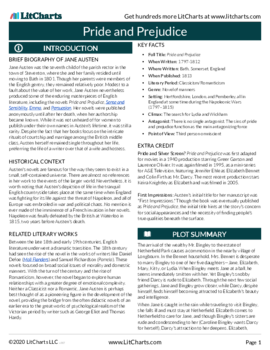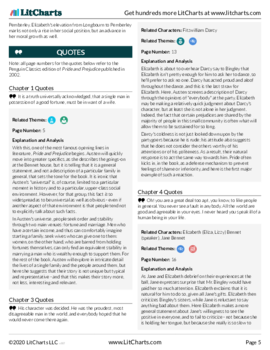- All's Well That Ends Well
- Antony and Cleopatra
- As You Like It
- The Comedy of Errors
- Coriolanus
- Cymbeline
- Hamlet
- Henry IV, Part 1
- Henry IV, Part 2
- Henry V
- Henry VI, Part 1
- Henry VI, Part 2
- Henry VI, Part 3
- Henry VIII
- Julius Caesar
- King John
- King Lear
- Love's Labor's Lost
- A Lover's Complaint
- Macbeth
- Measure for Measure
- The Merchant of Venice
- The Merry Wives of Windsor
- A Midsummer Night's Dream
- Much Ado About Nothing
- Othello
- Pericles
- The Rape of Lucrece
- Richard II
- Richard III
- Romeo and Juliet
- Shakespeare's Sonnets
- The Taming of the Shrew
- The Tempest
- Timon of Athens
- Titus Andronicus
- Troilus and Cressida
- Twelfth Night
- The Two Gentlemen of Verona
- Venus and Adonis
- The Winter's Tale
plus so much more...
-
Alliteration
The speaker uses alliteration in small moments to enhance the sound of the poem's language. For example, take the first line, when the speaker alliterates the loud /b/ sound:
When I see birches bend to left and right
This moment of alliteration creates a strong but somewhat staccato or choppy rhythm. In turn, the alliteration accentuates the poem's meter, since both of the prominent /b/ sounds land on stressed syllables, thereby strengthening and establishing the iambic rhythm (da-DUM da-DUM) that will run through the rest of the poem. It also simply draws attention to the poem's most important image: that of the bent birch trees, weighed down by the leftovers of an ice storm.
The alliterative /b/ sound repeats in lines 3 and 4, where the speaker also uses an alliterative /d/ sound in line 4:
I like to think some boy's been swinging them.
But swinging doesn't bend them down to stayThese voiced consonants add texture and heaviness to the poem in this moment, subtly evoking the weighty bending of the birches themselves.
In other moments, alliteration adds a sense of lightness to the poem's lines. This is the case in lines 24 and 25, when the speaker layers the gentle /f/ and quick /t/ sounds:
As he went out and in to fetch the cows–
Some boy too far from town to learn baseballThis lively alliteration reflects the vivacity and curiosity of the boy being described. It also creates a varied and fresh sound, which keeps the speaker's language from sounding dull and predictable—something that is especially important in a poem like "Birches," which is nearly 60 lines long!
In another striking example of alliteration, the speaker turns to the hard /c/ sound to again evoke the imagery at hand:
As the breeze rises, and turn many-colored
As the stir cracks and crazes their enamelHere, the harsh alliteration mimics the "crack[ing]" sound the ice-covered trees make as they, ever so slowly, begin melt in the sun. The /cr/ sound of "cracks and crazes" then echoes throughout the following lines with "crystal" and "crust," subtly imbuing the poem with the crackling sound of the trees.

|
PDF downloads of all 3060 of our lit guides, poetry guides, Shakescleare translations, and literary terms.
PDF downloads of all 1915 LitCharts literature guides, and of every new one we publish.
Learn more
|

|
Explanations for every quote we cover.
Detailed quotes explanations (and citation info) for every important quote on the site.
Learn more
|

|
Instant PDF downloads of 136 literary devices and terms.
Definitions and examples for 136 literary devices and terms. Instant PDF downloads.
Learn more
|

|
Compare and contrast related themes.
Compare and contrast Related Themes across different books.
Learn more
|

|
Teacher Editions for all 1915 titles we cover.
LitCharts Teacher Editions for every title we cover.
Learn more
|

|
PDFs of modern translations of every Shakespeare play and poem.
PDFs of modern translations of every Shakespeare play and poem.
Learn more
|

|
Advanced search across our collection.
Advanced Search. Find themes, quotes, symbols, and characters across our collection.
Learn more
|

|
Line-by-line explanations, plus analysis of poetic devices for lyric poems we cover.
Line-by-line explanations, plus analysis of poetic devices for every lyric poem we cover.
Learn more
|


For every lyric poem we cover.



Literature Guide PDFs
LitCharts PDFs for every book you'll read this year.



Quotes Explanations
For all 42,357 quotes we cover.





Teacher Editions
Time saved for teachers.
For every book we cover.
Common Core-aligned



PDFs of modern translations of every one of Shakespeare's 37 plays, 154 sonnets, and 3 longer poems.


Plus a quick-reference PDF with concise definitions of all 136 terms in one place.






















